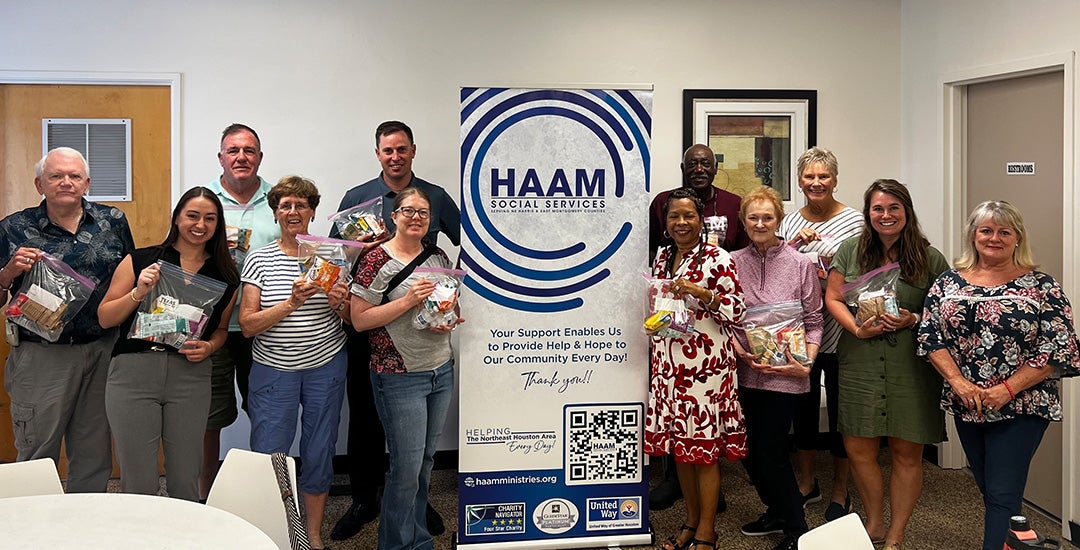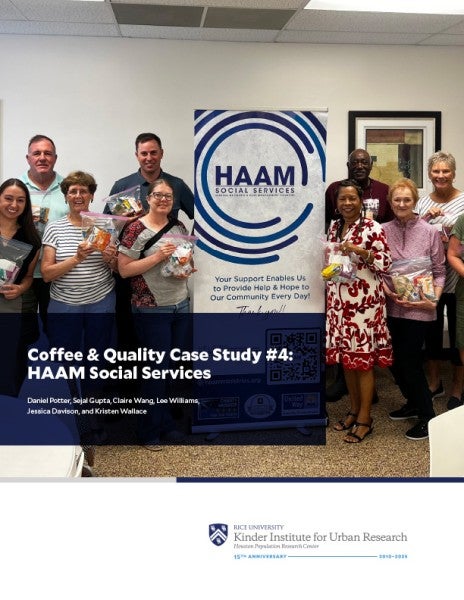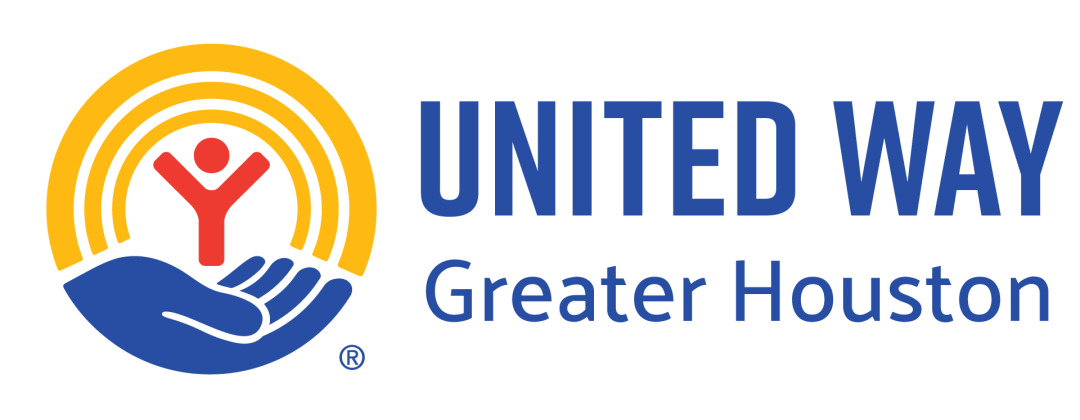The Kinder Institute and United Way of Greater Houston are working with local nonprofits through the Coffee & Quality program to help them better use their data. This case study focuses on HAAM Social Services, which supports residents in northeast Harris and east Montgomery counties with basic needs, education and job assistance.
The brief identifies lessons for the broader nonprofit community, including the importance of:
- Clearly documenting changes in data collection and reporting methods
- Supporting accurate and consistent data entry
- Classifying services in ways that match organizational and programmatic goals
- Fostering a culture of continuous learning and improvement
Specific to HAAM, the brief finds that:
- Most of HAAM’s clients are young, with the largest group under 18, followed by adults ages 35–45
- Although fewer elderly clients are served, they receive more services per person
- Over time, HAAM’s clients have become more evenly distributed across education levels
- The organization primarily serves Black and Hispanic individuals and unemployed clients
- About 40% of clients receive only basic needs services, while nearly half move on to longer-term programs
The findings were shared during a joint webinar.
Suggested citation: Potter, D., Gupta, S., Wang, C., Williams, L., Davison, J., and Wallace, K. (2025). Coffee & Quality Case Study #4: HAAM Social Services. Houston, TX: Houston Population Research Center, Kinder Institute for Urban Research, Rice University. https://doi.org/10.25613/ZZ85-4D89



